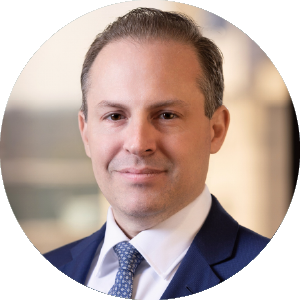

Generation Z is comprised of individuals born after 1996 and before 2013. The so-called “Zoomers” are entering a changing workforce while experiencing the lingering effects of the COVID-19 pandemic, recession fears, inflation, student loan debt, political upheaval, social media, cryptocurrency and rising mental health issues.
As Boomers retire, Zoomers will be necessary to fill many of the vacancies left behind. However, the old employment paradigm may no longer work. Generation Z is idealistic. Many of them want their work to be meaningful and to work to live ― not to live to work.
As such, for companies to survive into the next generation, it is vital that they review their practices and policies and modify them, as appropriate, to recruit, energize and retain Generation Z workers.
As discussed below, potential transformations to employers include, but are not limited to: (1) allowing non-traditional work arrangements, (2) providing long-term career planning and mentoring, (3) offering competitive benefits, and (4) giving back more to the community.
Many members of Generation Z desire non-traditional work arrangements. On this point, Generation Z is tech-savvy. In addition, when the COVID-19 pandemic began, many Zoomers who are currently in the workforce were either in the infancy of their careers or in their final years of college. As such, they are acutely aware of what can and cannot be done remotely. The majority prefer to be able to, at least partially, work remotely.
Deciding whether to allow employees to work remotely is important. Employers should:
Zoomers ―perhaps more than any generation before them ― want to know how an employer can help them achieve their career goals. Generation Z:
Many members of Generation Z are highly concerned with the benefits employers provide. Health insurance, paid time off and retirement planning are all top factors when Zoomers are looking for a future employer. In addition, Generation Z has proven itself more willing than prior generations to bring demands for improved benefits and working conditions to their employers before seeking outside opportunities. Employers should be receptive to discussions about the needs of employees in order to recruit and retain top talent.
In the same vein, many Zoomers have shrugged off the stigma of discussing mental health. They will seek support ― and employers should provide it ― when possible. This should be done in a manner consistent with the requirements of the Americans with Disabilities Act and related state laws.
As part of their job search, many Zoomers research an employer’s turnover rate and reputation.
It is important to Generation Z that their employer give back to, and be involved in, the community. A company’s participation in events such as food drives, diaper drives or paid days off to volunteer, can provide the company with a competitive advantage in recruiting and retaining talent.
Generation Z demands a workplace welcome to all. Employers should be aware of their perception in the community and foster a considerate, inclusive and compassionate workplace.
Simply stated, the workforce is changing. Is your company prepared to meet the needs and maximize the potential of the next generation?
Kevin J. Mulvehill is a partner and the Rochester office leader at Phillips Lytle LLP. He serves as head of the firm’s Labor & Employment Practice Team and can be reached at (585) 238-2095 or kmulvehill@phillipslytle.com.
Mark F. Pincelli is an attorney at Phillips Lytle LLP and a member of the firm’s Labor & Employment Practice Team. He can be reached at (585) 238-2030 or mpincelli@phillipslytle.com.
Receive firm communications, legal news and industry alerts delivered to your inbox.
Subscribe Now